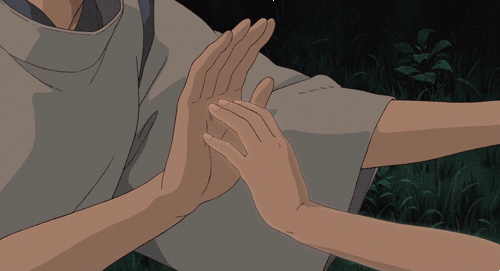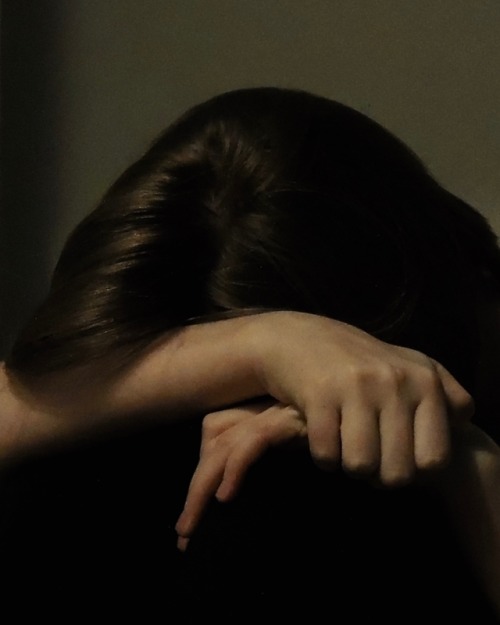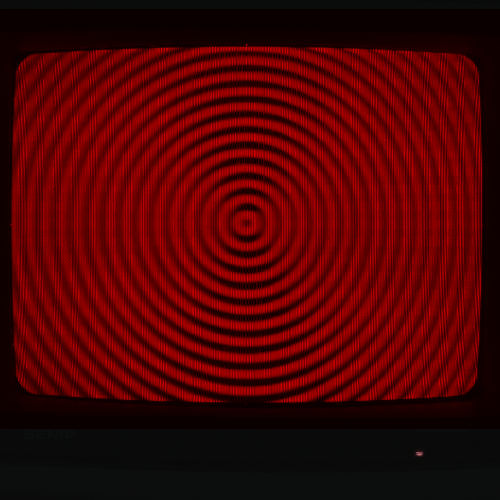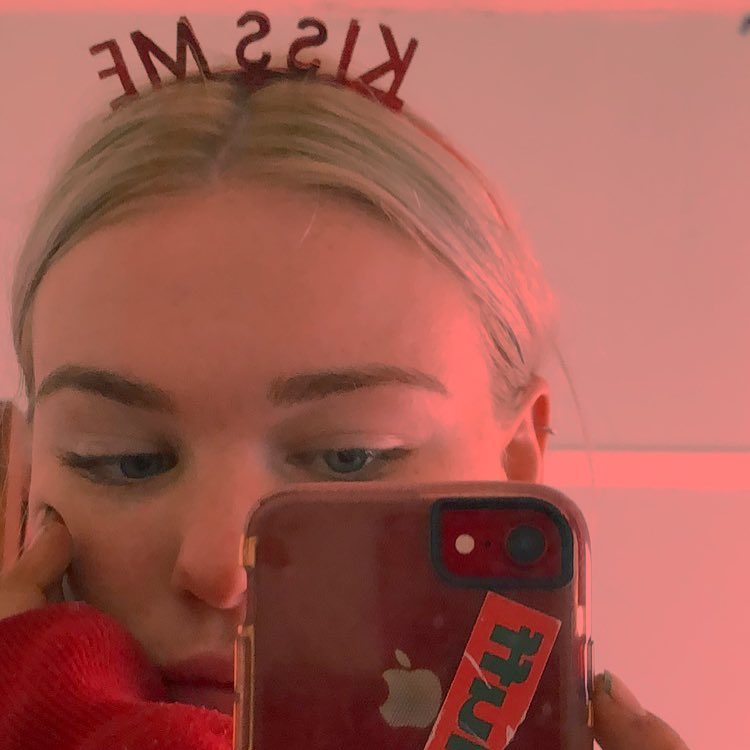I’ve been the sad friend before.
A lot of times. I’ve been the friend that wasn’t at school much, that blurred into the background, that seemed cold and distant because I was consumed by my own problems and forgot much else existed.
I’ve been the friend with the sad friend, too. Sometimes I was both at the same time. Everyone has been sad and everyone has had a sad friend.
It can be hard. You don’t want to pry, you don’t want to make your sad friend uncomfortable. I think those two are the least important though. The one I didn’t want the most, was for them to think I didn’t care. I think it’s much better to be the slightly over bearing friend that loves you and has your back.
When I say I’ve been the sad friend, I mean the clinically depressed friend. Sad is not the same thing. But both matter and make someone hurt. So, I’m going to keep saying ‘the sad friend’, but you know it might mean more, too.
In saying that, here is my unprofessional wisdom on how to help the sad friend, from the sad friend, and the friend of the sad friend.
Ask your sad friend what’s up. Sometimes sad friends won’t say what’s up unless they think someone really wants to know. Once they know someone isn’t just going through the polite ‘hey how are you’ ritual.
Ask them again. Tell your sad friend you want to listen. Tell your sad friend it matters that they’re sad. That they deserve more than to be sad. Tell your sad friend they’re allowed to be sad. Tell your sad friend they’re not a burden because they’re sad.
Listen. Don’t expect a certain answer. Don’t jump in with ways to fight the sad straight away. Talking about sad is fighting the sad, and it helps to talk to open ears. Maybe after, you might have some ideas.
Tell your sad friend you love them. Tell your sad friend you’re sorry they’re sad. Thank your sad friend for sharing with you; tell them you’re always willing to listen. Tell them you love them, again. Sad friend needs it.
Share. If you can empathize with your sad friend, tell them. Maybe share something about you, so they don’t feel so alone with their sad.
Ask your sad friend what might help. Talking more? Cupcakes? Crying? Some kind of extra support from someone? For someone more professional to listen?
Reflect. Trust your gut. You know if you are really worried for your friend, or if you think your friend is having a sad time, but they see happy times soon ahead. If you aren’t sure, that’s okay too. You aren’t supposed to know what to do.
Here is where it splits: Between the sad friend, and the friend that is really sad, that might be more than sad – that you might be scared for.
If it’s the first, maybe suggest:
Spending more time together, cheering sad friend up. Dress ups, Mario Kart, gelato, long walks, laughing, crying. Together.
Listening to sad friend, helping sad friend talk through the sad. You don’t need to know the answers; sometimes sad friends just need to get it all out.
If it’s the second, maybe suggest:
They tell someone else in their life, too. Tell sad friend you want to listen and help, but maybe someone else should, too. Maybe another friend. Maybe a parent. Maybe even a councilor or a psychologist.
Remind sad friend that there is nothing bad or embarrassing about that last option. There’s no rule about how sad you have to be to see someone about being sad, if you want to do so.
If sad friend doesn’t want to, but you really worry about sad friend, you aren’t a bad friend for pushing. Softly, but with purpose. You aren’t a bad friend, but in fact a good friend, if you:
Ask sad friend if you can help them find somewhere they could talk to someone. Maybe there’s a youth organization that helps people with mental health. Maybe there’s a school councilor. Maybe there’s something else. It’s less scary if they’re not alone.
Tell someone about sad friend. Maybe a parent, a sister, a teacher, a professor, a partner. Sad friend might be a little angry, but that is not more important than sad friend’s wellbeing. Some kinds of sad need more help.
After that, keep checking in on sad friend. Properly, the same way you asked what was up the first time. Even if they were only a little sad, it’s nice to know someone is looking out for you.
Don’t treat sad friend like an alien. Being sad is alienating enough, without looking at your friends and feeling like they don’t know your language anymore. Like maybe you’ve turned green and have an extra eye. Keep being the same friend you always were, just with a little extra attention to the sad.
Find the balance between reminding sad friend they are a lot more than their sad, and respecting that they need to feel through however they feel. You can’t just turn sad off.
Look after yourself, too. It’s tiring caring, even when it’s the best thing we can do. Have a bath. Remember you are a friend, not a therapist. This doesn’t mean you don’t care, it means you can only do what you can do. You can’t heal your friend, only support them as they do it themselves – maybe with help from a real therapist.
Sincerely,
Friend






